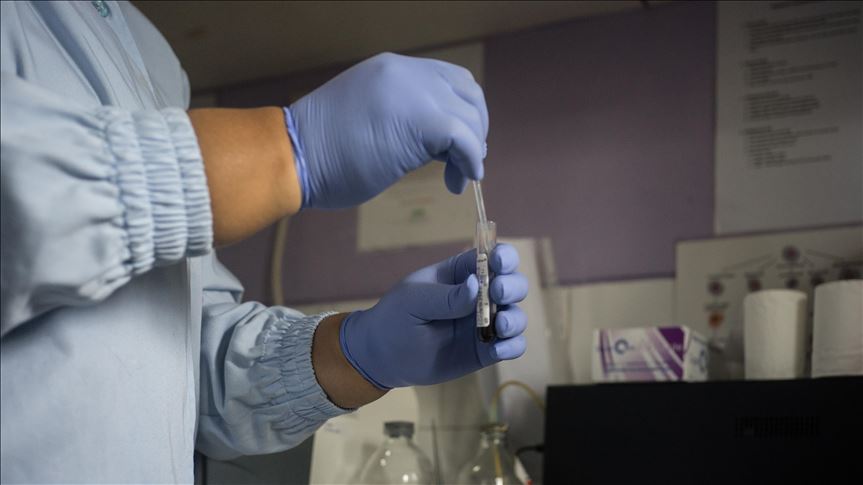
A new interdisciplinary study on the "Havana Syndrome" led by Dr. Alon Friedman M.D. of Ben-Gurion University of the Negev (BGU) in Israel and Dalhousie University Brain Repair Center in Nova Scotia, Canada, points to overexposure to pesticides as a likely cause for neurological symptoms among Canadian diplomats residing in Havana, Cuba in 2016. This is the first study of its kind focused on Canadian diplomats.
The "Havana Syndrome" was the name given to the symptoms initially believed to be acoustic attacks on U.S. and Canadian embassy staff, first reported in Cuba. Beginning in August 2017, reports surfaced that American and Canadian diplomatic personnel in Cuba had suffered a variety of health problems including headaches and loss of balance, as well as sleep, concentration, and memory difficulties.
To ensure Dr. Friedman and his team's findings are properly interpreted and understood, Dr. Friedman elected to discuss his research in advance of peer-reviewed publication with the Canadian Broadcasting Service which obtained a draft report to the Canadian government, leaked by an unknown source.
The research will be presented at Breaking the Barriers of Brain Science Symposium in New York on Sunday, October 27.
The study details the nature of the injury, specifies the brain regions involved, including the blood-brain barrier and suggests a possible cause in the form of "cholinesterase inhibitors," with "organophosphorus insecticides" being a likely source. Cholinesterase (ChE) is one of the key enzymes required for the proper functioning of the nervous systems of humans, invertebrates and insects.
In total, there were 26 Canadian participants: 23 Canadian diplomats and their family members who lived in Havana were included in the study, as well as individuals who didn't live in Cuba.
"We were also able to test several of the subjects before and after they returned from Cuba," Dr. Friedman says. "Our team saw changes in the brain that definitely occurred during the time they were in Havana."
Dr. Friedman and his team attribute the study's findings to multidisciplinary and quantitative research methods, in particular, their use of new brain imaging tools including advanced Magnetic Resonance Imaging (MRI) techniques and magnetoencephalography.
"We followed the science, and with each discovery we asked ourselves more questions," said Dr. Friedman. "Pinpointing the exact location of where the brain was injured was an important factor that helped lead us to perform specific biochemical and toxicological blood tests and reach the conclusion that the most likely cause of the injury was repeated exposure to neurotoxins."
The researchers involved also represented a wide range of disciplines, including neuroscience, neurology, psychiatry, audio-vestibular, ophthalmology, toxicology and even veterinary medicine.
"The study validates the need for us to continue to learn more about the use of pesticides and other toxins," said Dr. Friedman. "It is a global health issue that reminds us how much we still have to learn about the impact that toxins have on our health."
The study was requested and funded by Global Affairs Canada, who partnered with the Nova Scotia Health Authority. Also participating in the study were Dr. Friedman's group at BGU and Dr. Shamir from The Koret School of Veterinary Medicine at Hebrew University.









No comments:
Post a Comment